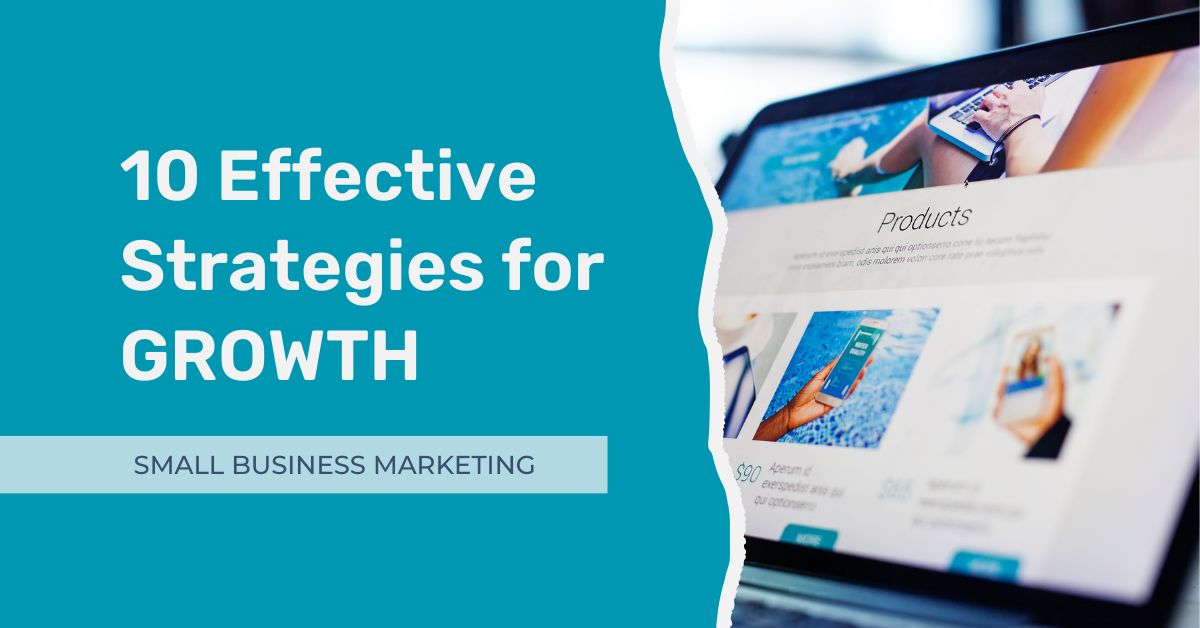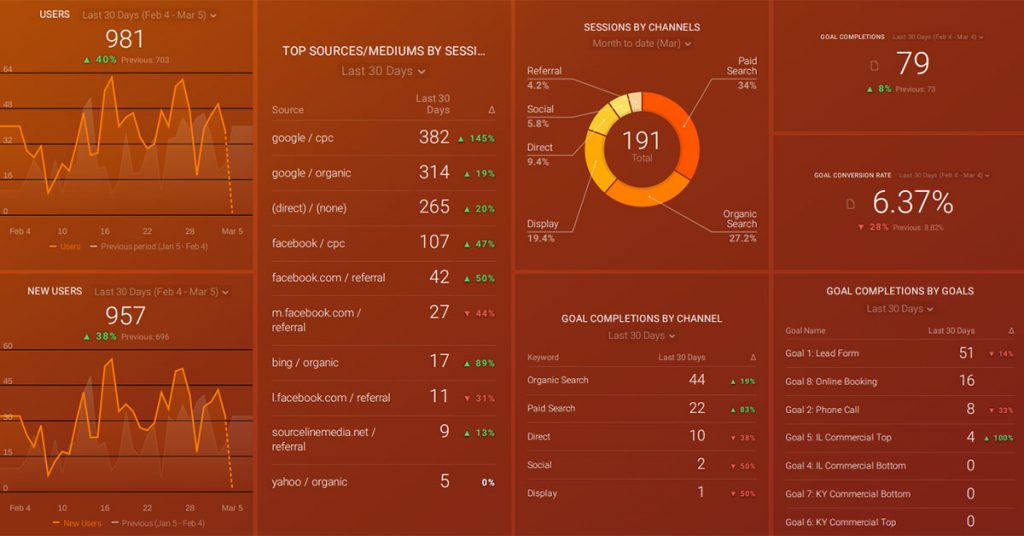Introduction
Small businesses often face unique challenges compared to their larger counterparts, but they also have opportunities to stand out and grow through innovative marketing strategies. With the right marketing tactics, a small business can generate more leads, increase brand awareness, and improve customer relationships. This detailed guide will provide 10 effective marketing strategies tailored for small businesses, to help you stay ahead of the competition and boost your growth.
Table of Contents
- Set SMART Goals
- Develop a Strong Brand Identity
- Leverage Local SEO
- Focus on Content Marketing
- Use Social Media Wisely and Consistently
- Build Relationships Through Email Marketing
- Participate in the Community
- Optimize Your Website for Conversions
- Invest in Pay-Per-Click Ads
- Monitor Your Metrics and Adapt
1. Set SMART Goals
To create an effective marketing strategy, start by setting specific, measurable, achievable, relevant, and time-bound (SMART) goals. By establishing clear objectives, you’ll be able to plan, track, and evaluate your marketing efforts more effectively. Ensure that your goals are aligned with your overall business objectives and consider the following aspects:
- Specific: Clearly define what you want to achieve.
- Measurable: Identify quantifiable indicators to track progress.
- Achievable: Set realistic, attainable goals within your resources.
- Relevant: Goals should be aligned with your business’s overall objectives.
- Time-Bound: Set a deadline for accomplishing your goals.
2. Develop a Strong Brand Identity
Your brand identity is a pillar of small business marketing. It is the visual and verbal representation of your business, and it plays a huge role in how your customers perceive you. To create a memorable and consistent brand identity, consider the following elements:
- Logo: Create a visually appealing and unique logo that represents your brand.
- Colors: Choose a color palette that conveys your brand’s personality and message.
- Typography: Select fonts that reflect your brand’s identity and are easy to read.
- Visuals: Use appropriate images, graphics, and multimedia to enhance your branding.
- Copywriting: Craft a compelling brand voice to consistently communicate your message across all marketing channels.
3. Leverage Local SEO
As a small business marketing strategy, it’s crucial to rank high on search engines for local searches. This will not only help drive organic traffic to your website but also increase foot traffic to your store. To optimize your website for local search, implement the following:
- Claim and verify your Google My Business (GMB) listing.
- Include your business’s name, address, and phone number (NAP) on your website.
- Optimize on-page SEO using location-based keywords.
- Attract positive customer reviews.
- Submit and maintain accurate and consistent citations across business directories and review sites.
 4. Focus on Content Marketing
4. Focus on Content Marketing
Content marketing is a powerful form of small businesses marketing that can attract potential customers. You establish your company as industry leader. By providing value through informative and engaging content, you can build trust with your audience and encourage them to engage with your business in the long run. Consider the following content types of content:
- Blog articles
- Infographics
- Videos
- Podcasts
- Email newsletters
- Case studies
5. Use Social Media Wisely and Consistently
Social media is an invaluable platform for small businesses to engage with customers, showcase their products or services, and build brand awareness. To make the most of social media, adhere to these guidelines:
- Choose the right platforms based on your target audience’s preferences and demographics.
- Post consistently and maintain a content calendar.
- Engage with your audience by responding to comments, messages, and addressing concerns.
- Share value-added content that educates, entertains, or solves a problem.
- Regularly track and assess your social media performance.
6. Build Relationships Through Email Marketing
Email marketing is an effective way to boost your small business marketing. You can nurture leads, build customer relationships, and drive more sales. When done correctly, your email campaigns can deliver significant ROI. Follow these tips:
- Grow your email list using opt-in forms on your website, social media, and offline events.
- Segment your subscribers to tailor your email campaigns to their specific needs and interests.
- Personalize emails with the recipient’s name, location, or preferences to foster connection and trust.
- Monitor key metrics, such as open rates, click-through rates, and conversions, to refine your email strategies.
7. Participate in the Community
Being an active participant in your local community is a powerful way to build brand recognition, nurture relationships, and grow your small business. Some ways to engage with your community include:
- Sponsoring local events, charities, and sports teams.
- Collaborating with other local businesses for co-promotion or events.
- Hosting workshops or webinars to provide valuable information and attract potential customers.
- Joining local business networks and participating in chamber of commerce activities.
8. Optimize Your Website for Conversions
An optimized website not only drives traffic, but also converts visitors into leads and buyers. Implement the following best practices:
- Ensure your website is responsive and mobile-friendly.
- Create clear and compelling calls-to-action (CTAs) that direct users towards your desired action.
- Use high-quality images and showcase customer reviews to build trust.
- Simplify your website navigation and reduce the number of clicks needed to complete an action.
9. Invest in Pay-Per-Click Ads
Pay-per-click (PPC) advertising is a cost-effective method of driving targeted traffic and generating leads quickly. By bidding on relevant keywords and creating targeted ads, you can reach your ideal audience at the right time. Consider these PPC platforms:
- Google Ads
- Facebook Ads
- Instagram Ads
- LinkedIn Ads
10. Small Business Marketing Metrics
As you implement these marketing strategies, it’s crucial to track your progress and adjust your approach accordingly. Review key performance indicators (KPIs) and analyze data to identify patterns and opportunities for growth. Remember that marketing is an ongoing process, so be ready to adapt and evolve as your small business grows.
In conclusion, these ten marketing strategies can help your small business reach new heights by improving customer relationships, raising brand awareness, and driving revenue. With diligent planning and execution, your business can thrive in today’s competitive landscape.




